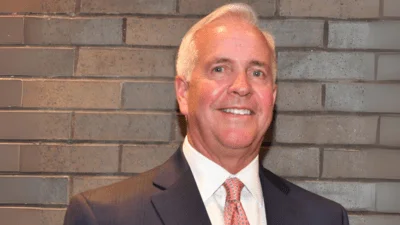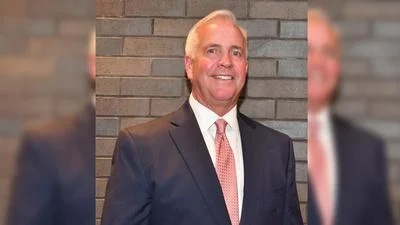Sen. Sue Rezin | Facebook
Sen. Sue Rezin | Facebook
State Sen. Sue Rezin (R-Morris) has filed legislation aimed at expanding the state’s Low Income Home Energy Assistance (LIHEAP) Program.
“Like most Illinoisans, I have been concerned with the rising rate for natural gas that we have seen throughout the state,” Rezin posted on Twitter. “This legislation is the first step in ensuring that Illinois families are able to heat their homes in an affordable fashion.”
Also known as the Home Heating Relief Act of 2022, Senate Bill 4068 is designed help protect families from energy inflation and runaway heating costs that have typified this winter by adding a second tier to the low-income assistance program. Rezin said the bill provides additional relief for residents struggling to afford increasing heating bills.
The U.S. Bureau of Labor reports market rates for gas spiked by better than 24 percent late last year. Estimates are heating prices for roughly half of all U.S. households will rise in the neighborhood of 30 percent over the winter.
The new tier of LIHEAP seeks to pave the way for a family of four with a yearly income of up to $110,000 to be eligible for some form of rebate.
“Until now, our state’s middle class has had little to no options for relief when it comes to increasing heating bills,” Rezin told Shaw Media.
Over the next two years, the new program would have a $500 million Home Heating Rebate Relief Fund, with funding distributed on a first-come, first-served basis. First-time small business owners would also be eligible to apply.
State officials also recently launched the $42 million Low-Income Household Water Assistance Program to help struggling families unable to pay water and sewer bills.
The one-time assistance program announced by Gov. J.B. Pritzker and the Illinois Department of Commerce and Economic Opportunity is designed for families who face having their water disconnected, who have already been disconnected or have past-due balances of more than $250 for their water and wastewater services combined.
With applications accepted through Aug. 31, families will need to show proof of incomes within 200 percent of the federal poverty line to be eligible.






 Alerts Sign-up
Alerts Sign-up